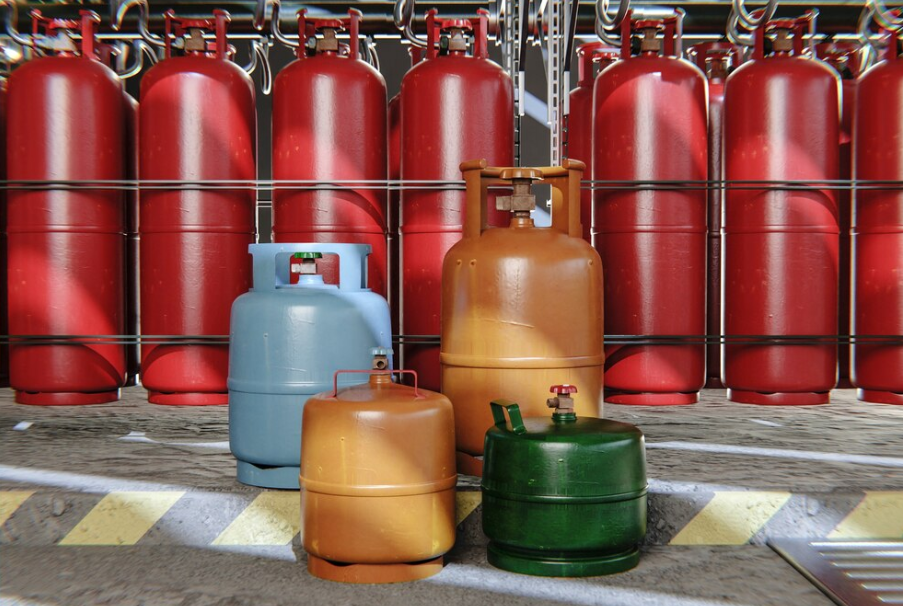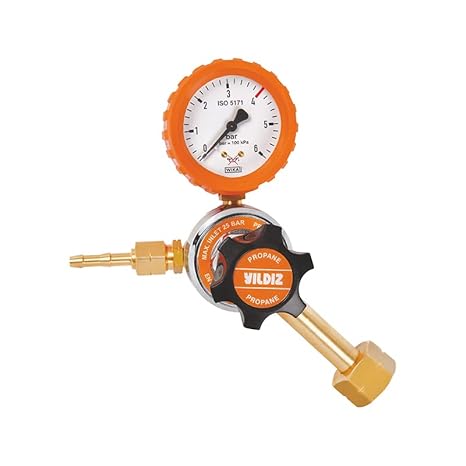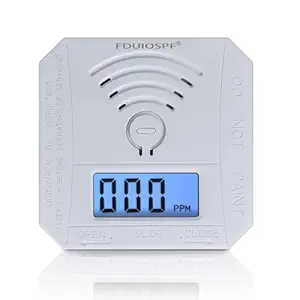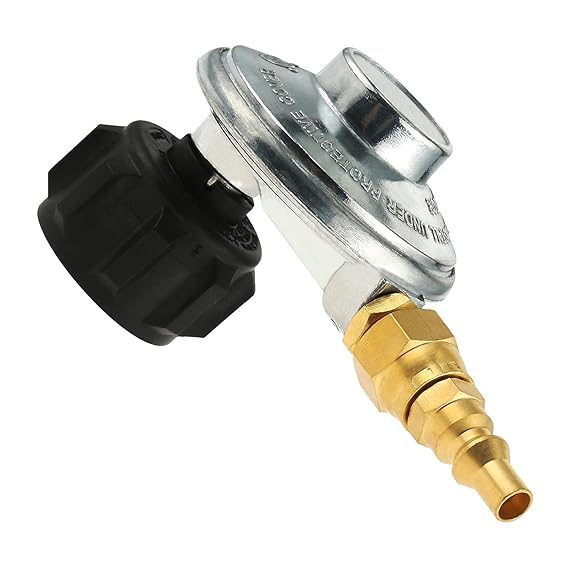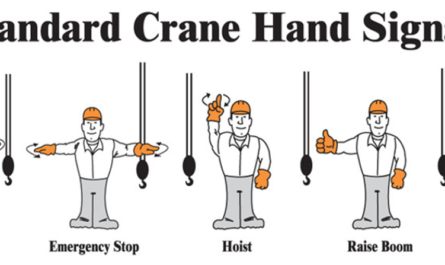Propane Safety: 25 Essential Safety Tips for Your Workplace and Home
When working with propane, a widely used fuel in industries, homes, and recreational activities, understanding and implementing safety measures is crucial. Propane is highly efficient and reliable, but mishandling it can lead to accidents. Here are 25 key safety tips to ensure propane is handled safely.
1. Understand Propane Basics
Propane is a highly flammable gas stored under pressure. Familiarize yourself with its properties and applications to minimize risks.
2. Use Certified Equipment
Only use appliances and equipment certified by recognized safety organizations, such as UL or CSA, for propane storage and use.
3. Regular Inspections
Inspect propane tanks, hoses, and connections regularly for leaks, corrosion, or damage. Damaged equipment can lead to gas leaks and accidents.
4. Proper Storage
Always store propane cylinders in an upright position in a well-ventilated area, away from heat sources and direct sunlight.
5. Transport Safely
Secure propane cylinders during transport to prevent tipping or rolling. Never leave a propane tank inside a hot vehicle.
6. Never Overfill
Propane tanks should only be filled to 80% capacity to allow for gas expansion. Overfilling can result in leaks and dangerous pressure buildup.
Propane/propan pressure regulator, 5420S
7. Use Leak Detection
Apply a soapy water solution to connections and watch for bubbles to detect leaks. Never use an open flame to check for leaks.
8. Educate Your Team
Provide propane safety training for all employees who handle propane in the workplace. Awareness is key to prevention.
9. Follow Manufacturer Guidelines
Always adhere to the manufacturer’s guidelines for propane appliances and storage tanks to ensure safe use.
10. Maintain Ventilation
Use propane in well-ventilated areas to prevent gas accumulation, which could lead to explosions.
11. Install Carbon Monoxide Detectors
Propane appliances can produce carbon monoxide if not properly ventilated. Use detectors to monitor for this deadly gas.
12. Recognize the Smell
Propane has an added odorant that smells like rotten eggs. Learn to recognize this smell as an indicator of a leak.
13. Shut Off When Not in Use
Turn off propane tanks when appliances are not in use to reduce the risk of accidental leaks.
14. Emergency Preparedness
Create and practice an emergency response plan for propane-related incidents, including evacuation and firefighting procedures.
15. Avoid Static Electricity
When handling propane, avoid static electricity by grounding yourself and ensuring proper grounding of equipment.
16. Keep Ignition Sources Away
Do not smoke or use open flames near propane tanks or during propane transfer processes.
17. Monitor Pressure Levels
Regularly monitor the pressure levels of propane tanks using a gauge to ensure safe operation.
18. Repair Only by Experts
Never attempt to repair a propane appliance or cylinder yourself. Always call a certified technician for repairs.
19. Follow Local Regulations
Adhere to local safety codes and regulations regarding propane storage and usage.
20. Emergency Shut-Off Valves
Install emergency shut-off valves on propane systems to quickly stop gas flow during an emergency.
21. Protect Tanks from Damage
Use protective barriers around stationary propane tanks to prevent damage from vehicles or heavy equipment.
22. Keep Tanks Clean
Regularly clean propane tanks to prevent debris from interfering with connections or igniting.
23. Avoid Indoor Storage
Do not store propane tanks inside buildings, garages, or other enclosed spaces.
24. Wear Proper PPE
Always wear gloves and safety glasses when handling propane to protect against frostbite and gas exposure.
25. Regularly Test Appliances
Test propane appliances regularly to ensure they are functioning correctly and safely.
The Importance of Propane Safety
Propane safety is essential for preventing accidents and ensuring the health and well-being of users. By following these 25 propane safety tips, you can minimize risks and enjoy the benefits of propane as a clean, versatile energy source.
Propane safety tips, propane storage guidelines, handling propane safely, propane safety training, propane leak detection, propane workplace safety, propane tank maintenance, carbon monoxide and propane, propane emergency response plan, propane appliance safety.
Incorporating these propane safety practices into your routine helps maintain a safe environment, whether at home or in the workplace. Always prioritize safety when working with this powerful energy source.
“Start Your Website Journey Today – Exclusive Hostinger Discounts!”







